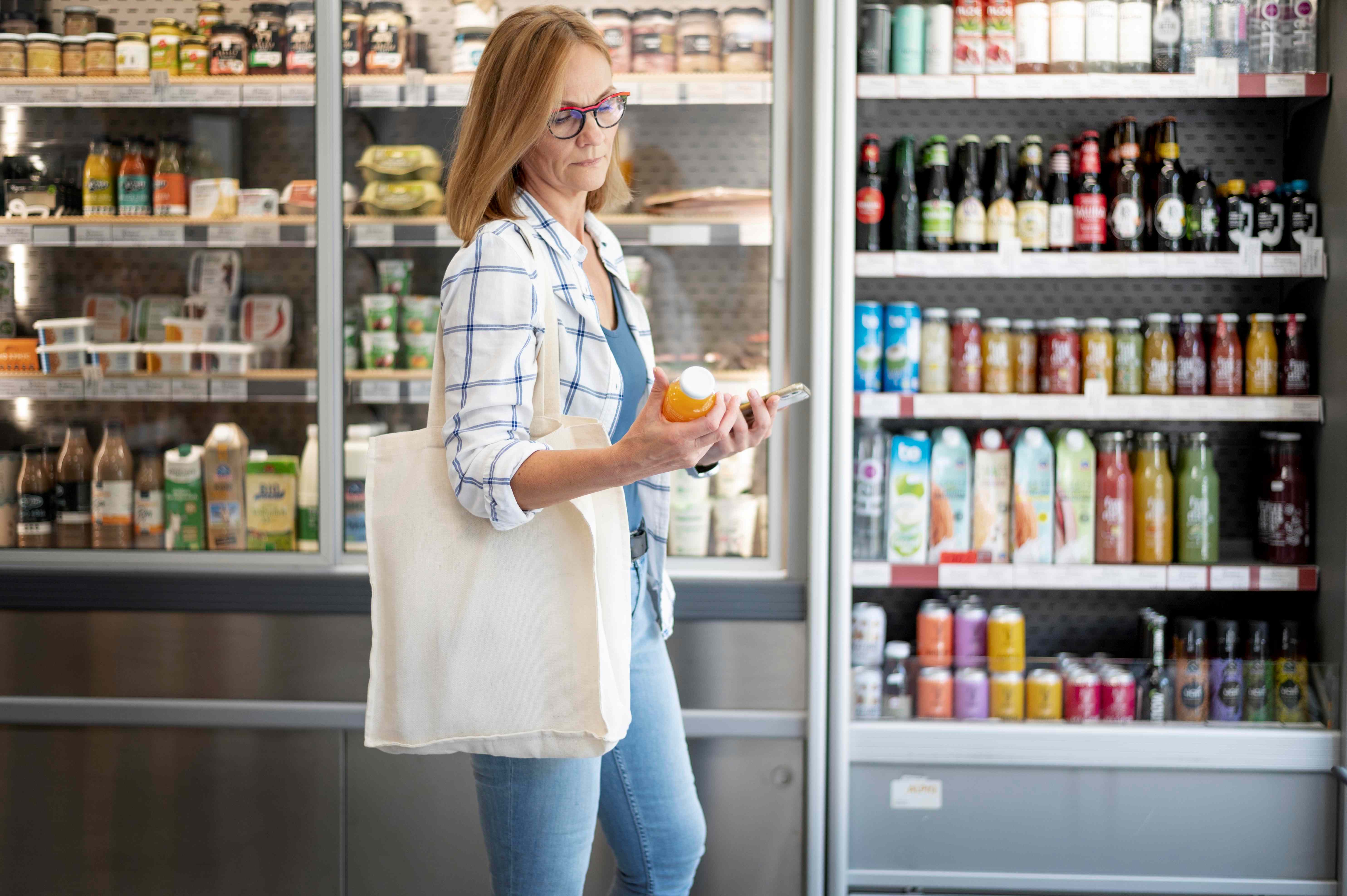Customers are inundated with a variety of options in every retail segment, particularly the FMCG segment where the competition is huge, and the margin of error is miniscule.
In such a situation, how can brands catch and hold the attention of shoppers long enough to drive incremental business. Brands must develop experience-driven market activation strategies to attract shoppers and generate trials/demos among them. Let’s look at some of the best brand activation strategies for FMCG brands to win customer loyalty and increase sales.
Brand-consumer relationships have evolved considerably in the last few years pivoting from a transactional one to a more experiential one. Shoppers today are no longer just looking to buy a product, but want an experience that aligns with their value system to form a deeper connection.
What is brand activation?
Brand activation means orchestrating a marketing campaign that
aims to promote your brand through interactive storytelling across offline and
online touchpoints. It is part of the larger brand marketing campaign to move brands
from one stage to another in their sales cycle.
Depending on your products, distribution channels, and
budget, your FMCG brand activation strategy must be tailored across different
types of brand activation, such as interruption marketing, experiential
marketing, or guerrilla marketing.
Types of brand activation
Now we know what brand activation is, lets look at the
different types of strategies that FMCG companies can consider while activating
their brand among their targeted consumers.
#1 In-store activations
This is one of the most common brand activation ideas as it
allows your brand to interact and engage with customers right at the point of
sale. As shoppers visit stores to buy products, they have money in their
pockets and products are readily available, the probability of purchase
increases.
Using interactive displays, creative signages, and POS displays
can not only be engaging but also disruptive. These in-store displays not only
inform customers about the availability of products but also help communicate
any offers/promotions.
#2 Experiential retail
Shoppers today expect more from brands and want unique,
interactive experiences that align with their preferences and behaviours. Brands
must delight, engage, and surprise their buyers through interactive in-store
marketing and visual merchandising at the point of sale.
From pop-up stores to in-store sampling activities, brand
must offer experiences that help shoppers feel valued and engaged in their
buying journey. To create a lively experience in store or anywhere else, FMCG
brands must not focus on their products but the lifestyle they are advocating
to win customer trust and convert them into brand advocates.
#3 Sampling
Another great type of brand activation for FMCG brands is to
offer free samples and make them try your products. This helps customers make
an informed choice and goes a long way in garnering real-time feedback.
Sampling is the perfect way to allow shoppers interact with the look and feel
of your products as well as your brand.
#4 Digital campaigns
Modern shoppers are actively engaging with brands online,
getting their word of mouth from social media, and following the trends of
their favourite influencers to make personal choices. It is, therefore,
imperative for FMCG brands to leverage digital campaigns to drive shopper
engagement and win sales.
Brands must build an interconnected network of digital and
physical experience to engage customers across touchpoints and deliver
extremely personalized experience.
How to implement brand activation strategies?
Brand activation strategies must carefully planned and
implemented at the right place and at the right time to generate the desired
brand buzz. Let’s see how FMCG brands can implement a ROI-driven brand
activation campaign to engage customers and win their buying trust.
1. Identify your brand differentiators
To stand out in a crowded market, it's essential to identify
what sets your brand apart. Think about your brand's values, mission, and
vision, and use them as a foundation for your brand activation campaigns. Once
you know your differentiators, it's time to get creative with your campaign
idea. Take inspiration from current trends, but don't go overboard and risk
damaging your brand's image.
2. Select the right type of brand activation
Consider the type of brand activation that aligns with your
product and resources. In-store campaigns can be effective for fast-moving
consumer goods (FMCG) since shoppers are already in buying mode.
Retailtainment, on the other hand, is an exciting way to engage consumers and
showcase your brand's message, but it may require a bigger budget.
3. Implement your ideas
With your campaign idea and type selected, it's time to plan
the implementation. Determine the campaign's timeline, budget, equipment, and
staffing needs. Be sure to establish clear KPIs to evaluate the campaign's
success and make any necessary adjustments for future campaigns.
Conclusion
In today’s competitive retail marketplace, FMCG brands are
struggling to keep pace with consumer needs, manage operating costs, and
generate incremental revenue. Eventually, brand marketing becomes a necessary
step to get in front of the customers and pull them into their sales funnel. Brands
need to focus on experience-driven market activation strategies to win customer
loyalty and increase sales.
Read Responses
No Comments
Leave a Reply
Your email address will not be published.

